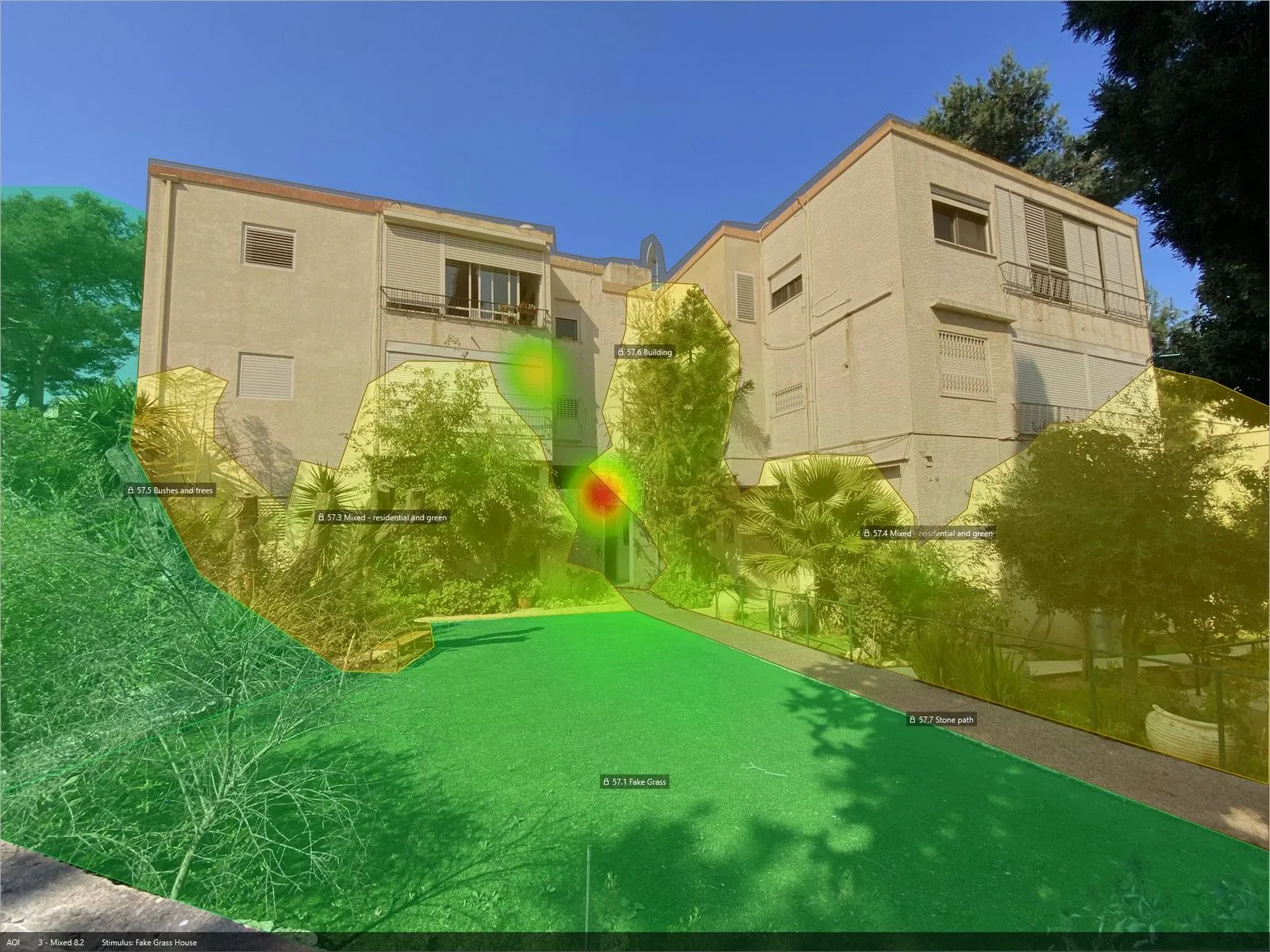Observing nature improves mental health
Published by Cédric,
Article author: Cédric Depond
Source: People and Nature
Other Languages: FR, DE, ES, PT
Article author: Cédric Depond
Source: People and Nature
Other Languages: FR, DE, ES, PT
Follow us on Google News (click on ☆)

People and Nature published this study, which involved 117 urban residents. They participated in a 45-minute urban walk while wearing eye-tracking glasses. Participants were instructed to direct their gaze at trees, plants, lawns, flowers, artificial structures, or a combination of both. The results showed that focusing on nature, particularly trees, was associated with improvements in mental health indicators such as anxiety levels and a sense of well-being.
Whitney Fleming, a lecturer in human geography at Bangor University, explained: "We found that individuals who were guided to direct their gaze more frequently towards green elements reported a significant reduction in anxiety, with trees having the most pronounced positive effect."
The results suggest that even short interactions with nature can offer mental health benefits. These findings are particularly useful for urban planners and architects, indicating that the incorporation of more natural features into urban landscapes can significantly enhance residents' well-being. The "Nature Gaze" study supports the idea of designing urban environments that encourage engagement with nature, presenting a simple yet effective strategy for improving mental health in cities.
The study also offers interesting insights for mental health professionals. For instance, they could integrate guided attention exercises into their therapies, encouraging patients to focus specifically on natural elements during walks or other outdoor activities. This simple and low-cost strategy could effectively complement traditional treatments for anxiety and depression.